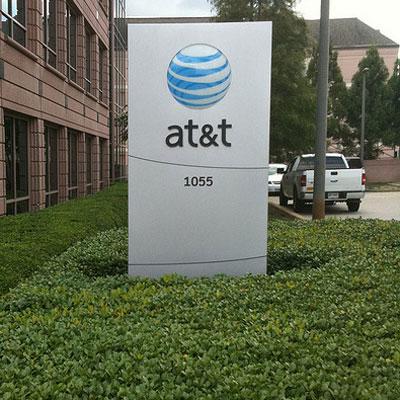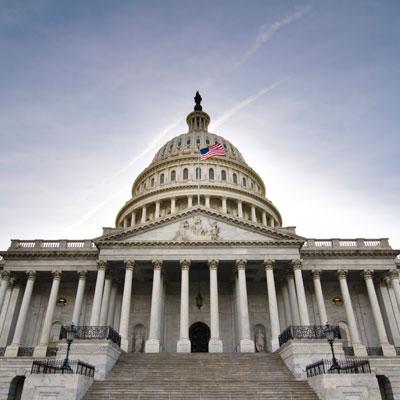5 Things Partners Need To Know About The AT&T/Time Warner Merger

Two Becoming One
AT&T won its long-awaited prize this week: The green light to acquire media giant Time Warner. The carrier went head-to-head against the U.S. Department of Justice (DoJ) in a six-week court battle that ended with Judge Richard Leon, who presided over the case, granting approval for the $85.4 billion mega-merger.
Now that Dallas-based AT&T and Time Warner are coming together, fusing telecom services and media content, here's some of the implications of the deal that solution providers should know.

Closing Conditions
Judge Leon could have imposed so-called "behavioral remedies" or "structural remedies" on the deal. Behavioral remedies could have included requiring AT&T and Time Warner to agree to specific conditions before closing. Structural remedies would have involved forcing AT&T to sell off part of Time Warner's assets, such as Turner Broadcasting.
Ultimately, however, Judge Leon did not impose any conditions on the deal. He also said that he wouldn't be granting the DoJ a stay, which would force AT&T to wait to close the deal. He encouraged the government to have "good judgment" in any potential follow-up actions. The DoJ, for its part, said it will closely review the court’s opinion and consider next steps. In the meantime, AT&T is set to close the acquisition on or before its June 20 deadline.

What AT&T Now Owns
After the deal closes, AT&T will be the proud owner of Time Warner Inc., which currently owns TV channels and programing such as HBO, CNN, TNT, TBS and Warner Bros. AT&T is already the nation’s largest pay-TV provider. AT&T has said it plans to use data from its DirecTV satellite TV business and its large base of mobile phone subscribers to learn which shows are popular with consumers. That information could be used to help HBO and Turner executives make decisions about what type of new shows to create.
AT&T CEO Randall Stephenson put his reputation on the line for the $85.4 billion deal in an attempt to transform the historic phone company into a connectivity and entertainment giant.

Net Neutrality Implications
Obama-era Net Neutrality regulations expired this week. The 2015 Net Neutrality rules stopped internet providers from throttling or blocking traffic or offering paid prioritization, or traffic "fast lanes" for competing content providers.
While the new rules call for carriers to disclose to users how they handle web traffic without the restrictions of Net Neutrality, these providers have room to prioritize their own content. Now that AT&T owns Time Warner's robust media portfolio, the carrier could block or slow down competing content in favor of its own, newly-acquired content. AT&T, for its part, said its doesn't block or throttle traffic on the basis of content, application, service or user on its broadband network, and isn't pursuing paid prioritization right now.

Future M&A Activity
The AT&T/Time Warner deal marked the first major tech acquisition to face opposition from the Republican-led Justice Department. Many of those in the tech, telecom and financial industries are viewing Judge Leon's ruling as a sign of a more favorable climate in Washington for large-scale acquisitions.
Broader implications of the deal could include more so-called "vertical" acquisitions to pass. AT&T said its deal with Time Warner was a vertical merger because the two companies didn't directly compete: One is a content distributor and the other is a content provider. Because of the outcome of the AT&T/DoJ trial, many pundits believe that the government is unlikely to pursue legal action against vertical acquisitions.

Carriers Turning Into Content Providers
AT&T's win is just one of the recent moves in the telecom space that demonstrate the shift away from pure connectivity services in favor of more lucrative media and streaming TV services. Carriers are actively going after content providers to compete with the likes of Netflix, Amazon and YouTube.
On Wednesday Comcast made an all-cash bid of $65 billion for a piece of 21st Century Fox. Verizon, which took over AOL and Yahoo for its media properties in 2015 and 2017, respectively, is reportedly interesting in acquiring broadcast TV network CBS.